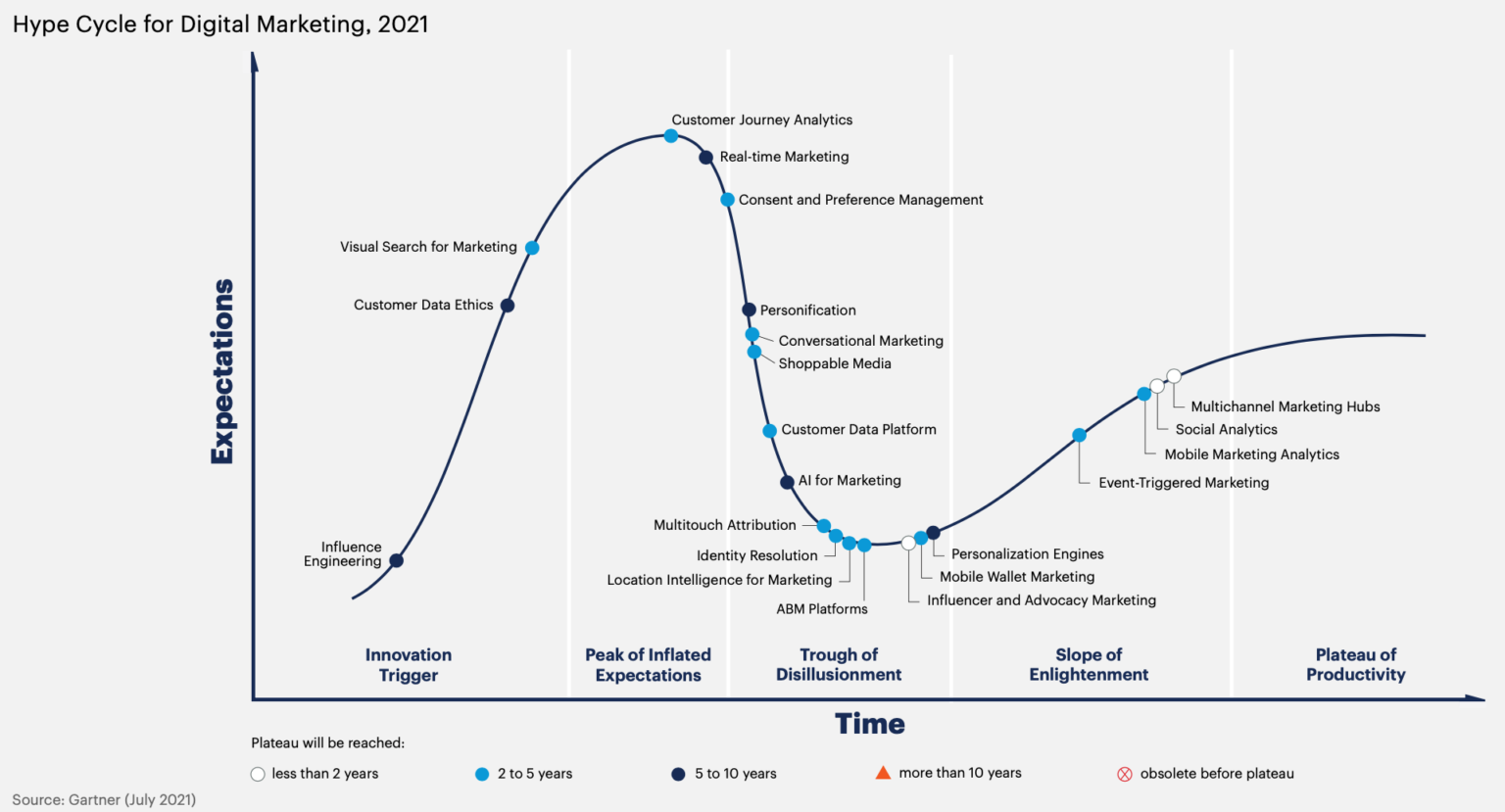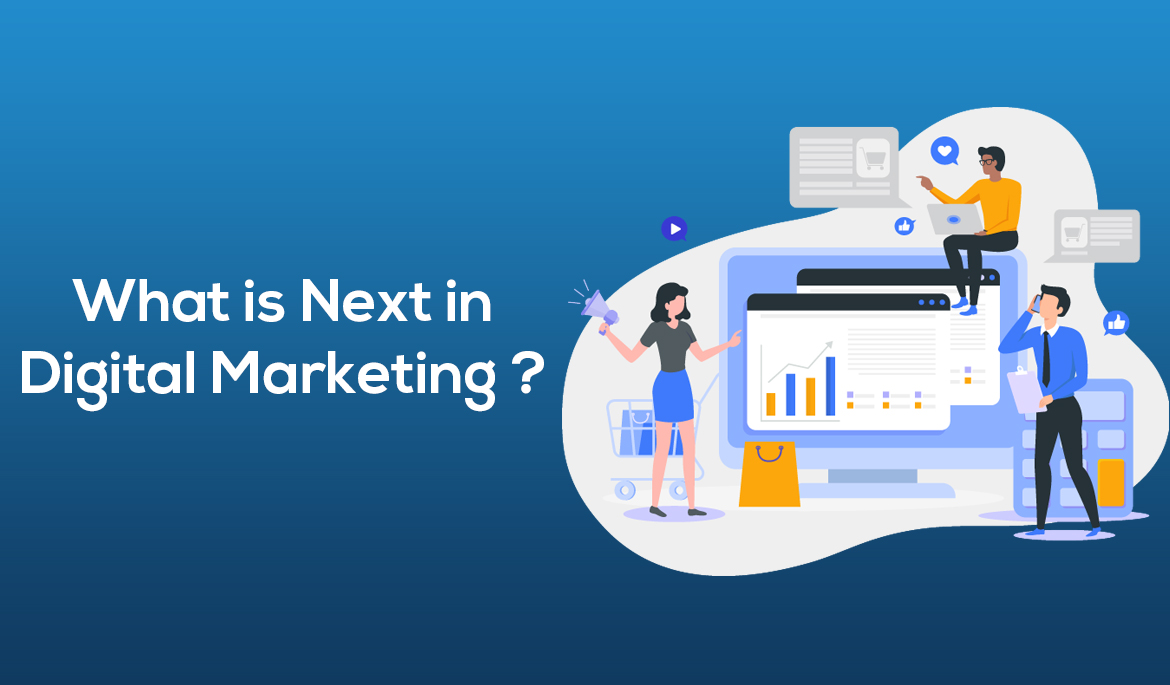What are the key digital marketing trends that may take center stage? What strategies might not work?
The world is slowly but surely coming out from the lockdowns, which happened because of COVID-19 pandemic. Post this epidemic, marketers are pondering over how the future of digital marketing will take shape. What are the key digital marketing trends that may take center stage? What strategies might not work? It is now quite challenging for marketing departments to accelerate their initiatives with a pure goal to retain existing customers and acquire new ones for faster growth. Along with that, they also have the challenge to safeguard their current digital marketing budget from getting curtailed.
On top of that, Google, Amazon, Facebook, and Apple are continuously changing their policies and bringing more stringent eagle-eye on how data is being captured and utilized for marketing purposes. Add to that usage of cookies, search engine algorithm changes, new rules of advertising bids, and targeting and data protection. It is surely a very competitive ground and complex environment for marketers to deliver higher ROI.
Such a changing paradigm is compelling marketing decision-makers to think about the future of digital marketing deeply. Now marketers are seriously considering multichannel marketing, social analytics, mobile marketing analytics, and context-driven marketing. In addition, AI for marketing and personalization engines is getting more prominent to deliver desired results. But due to marketing budget constraints, AI and ML are not yet number one priority.
2021 Gartner Hype Cycle for Digital Marketing
According to the 2021 Hype Cycle for Digital Marketing, marketers must shift focus from customer retention to new customer acquisition.

Here are key trends that catch our eyes:·
Visual Search for Marketing: Today, people are taking images of everything. Consumers are performing visual searches to find all types of stuff. It is going to be a big deal in the near marketing future.
- Customer Journey Analytics: Marketers now need to get the complete picture of the customer journey. They must analyze customer behavior across touchpoints.
- Real-Time Marketing: Everything happens at the speed of click. Marketers need to react in real-time to attract and retain more customers.
- Consent and Preference Management: Marketers need to take special care of how they manage the consent and preference of customers.
- Personification: Gartner defines “persōnification” as “the delivery of relevant digital experiences to individuals based on their inferred membership in a defined customer segment, rather than their personal identity.”
- Conversational Marketing: Marketers now need to talk to their consumers more naturally and in a context-driven way. One-to-one interactions in real-time across multiple channels are going to become more mainstream.
- Shoppable Media: Marketers now need to focus on more shoppable media to provide more choices and give consumers the relevant information to compare their options and make the informed-decision.
- AI for Marketing: Gartner found that companies are now using AI and Machine Learning (ML) more than ever.
Our take on the digital marketing future
Beyond 2021 Gartner Hype Cycle for Digital Marketing, we think that Search Engine Marketing (SEO) and earned media will become more relevant. Brands will focus more on these practices rather than just Pay Per Click (PPC). The simple reason is that more and more users are now installing ad blockers on their browsers. This trend is on the rise. Along with that, today’s consumers want a more context-driven and natural way while making a shopping decision. Conversational marketing, real-time marketing, and personification clearly show why brands should spend more budget on organic search marketing strategies.
Thus, digital marketers should create the right balance among their owned, paid, and earned media campaigns. Ultimately, marketers must empower consumers to shop rather than restrict with pushed campaigns. From SEO, social media, integrated marketing, PPC, Artificial Intelligence, and Data Analytics, all efforts in digital marketing boil down to one thing i.e. customer behavior. In the near future, we will see more and more innovation in digital marketing but end-consumer will forever remain at the core of it.


